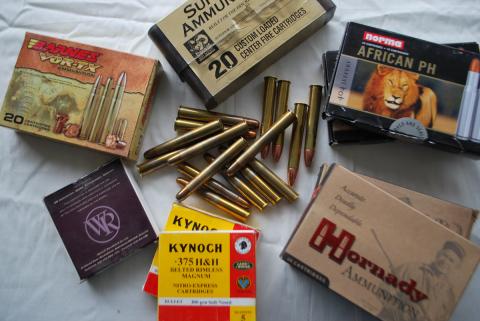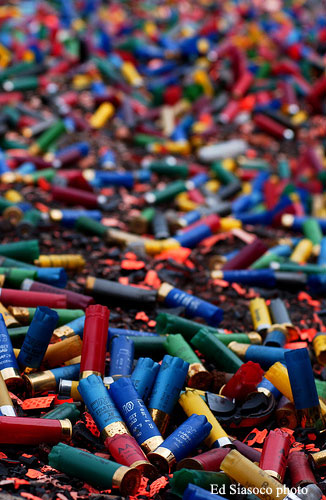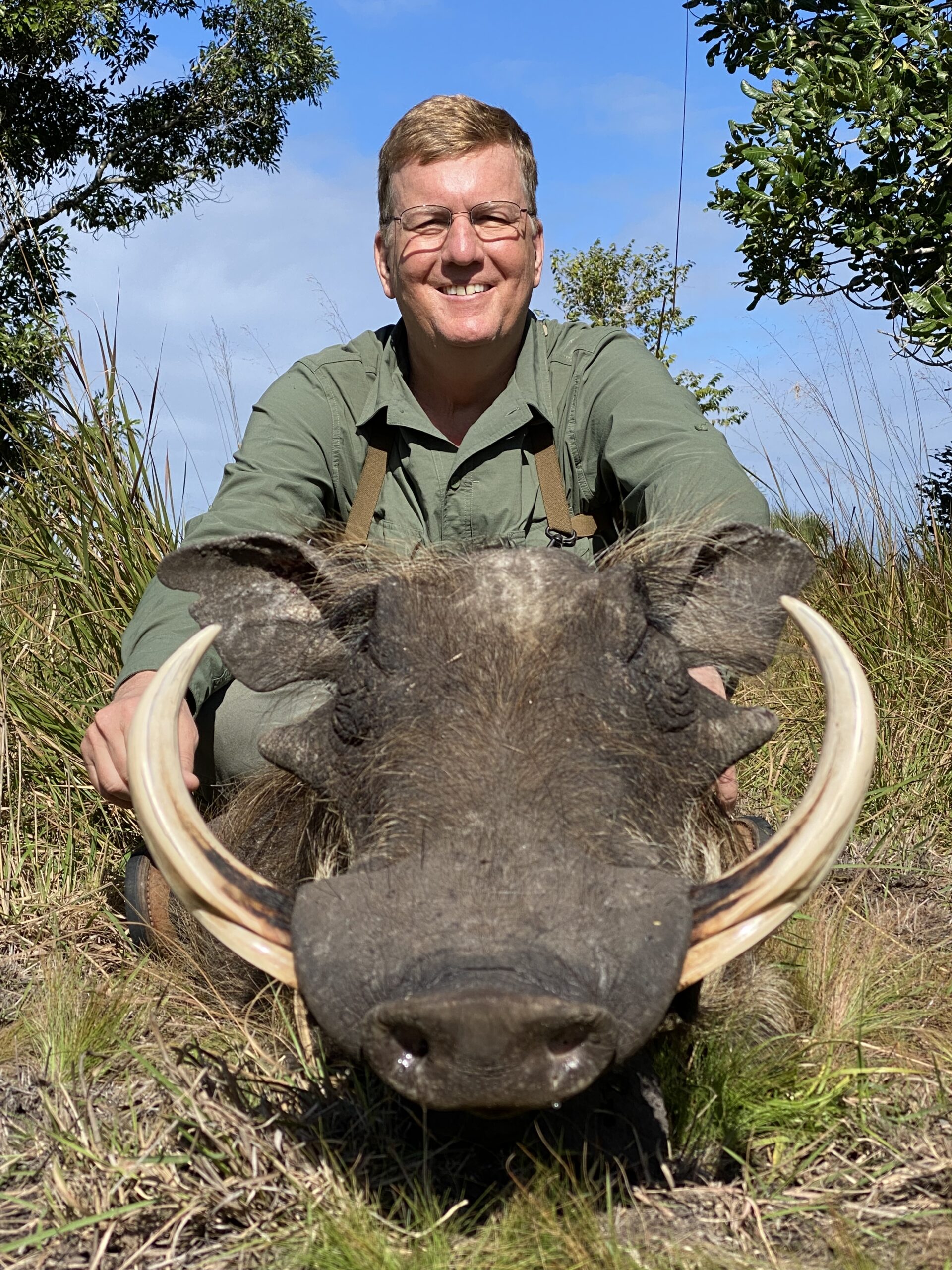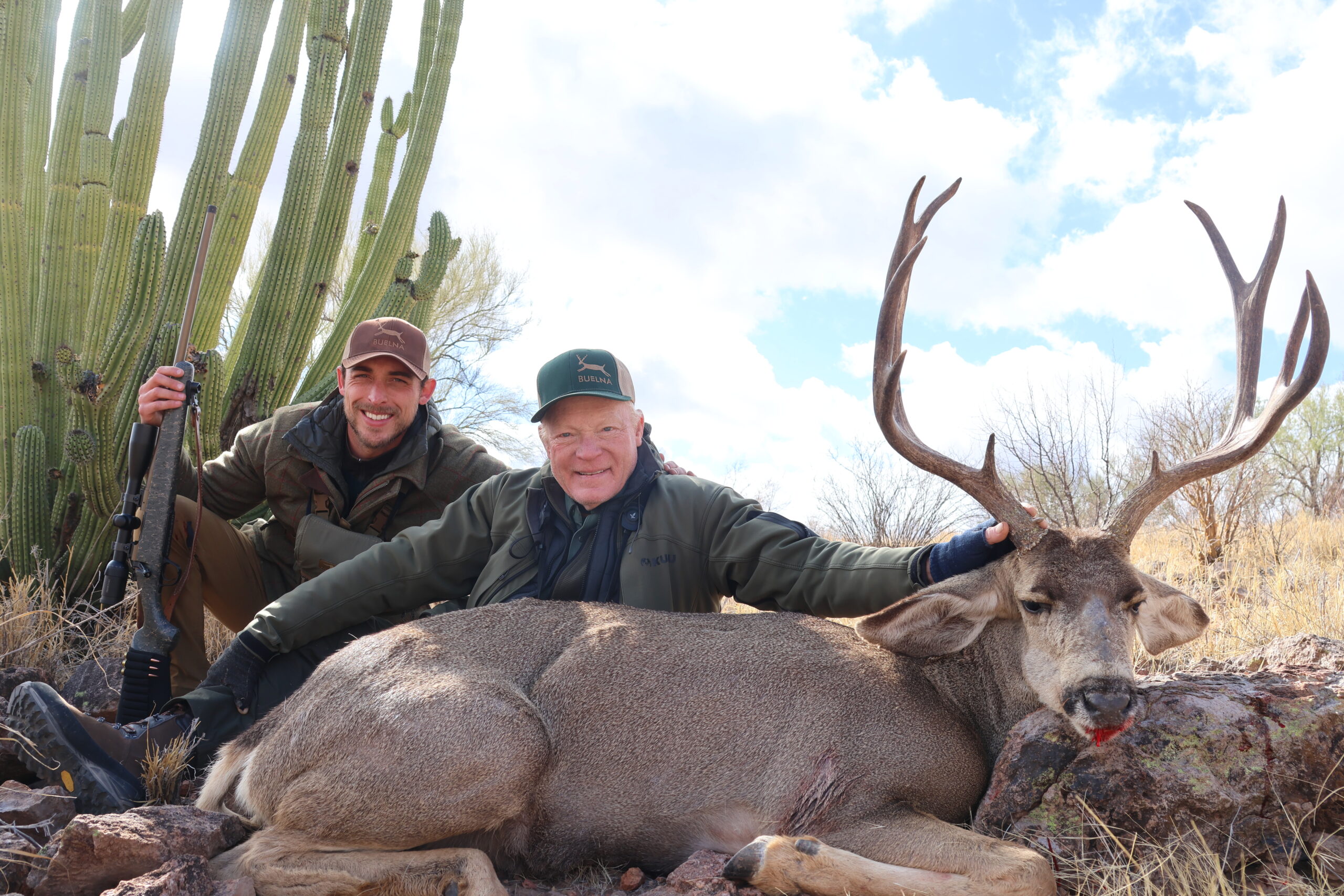John D. Rockefeller it was, I believe, who said that he knew the 1929 stock market had peaked when he got a stock tip from an elevator operator. In recent years this has broadened, and we now know a market is too frothy and due for a fall when stock-market reports breathlessly lead the mainstream news.
In the last month, the vicissitudes of the arms and ammunition industry — rampant shortages, skyrocketing prices and hoarding on a scale not seen since 1945 — have made the august pages of two mainstream media icons: Britain’s Economist, and America’s National Review. Whether this is good or bad, who knows?
The Economist, a notably fair and objective periodical, which your correspondent has read regularly since 1976, took the view that it was rather questionable not only for so many people being allowed to buy guns for the first time, based on a background check and nothing more, but that so many should want to.
In line with Economist practice, the writer was given no byline, so it’s impossible to attribute any personal political bias, and the article drew the reasonable conclusion that there is considerable underlying fear of the future in America as a whole.
National Review’s Kevin Williamson cheerfully admits to being an admirer of both guns and motorcycles, and his weekly column is a treat not only for those of us on the libertarian right, but also for lovers of the English language. Few current writers practice the craft of writing as well as Williamson does. But, to the point, he looked at the situation close to his home around Austin, Texas, and reported long lines at gunshops, ammunition shortages and the usual signs of hoarding and a burgeoning black market in guns, ammunition and loading components.

It’s interesting, too — and I’m sure the Economist would find it puzzling — but Williamson wrote that from what he saw, roughly half the people in line to buy guns were black and the other half were, well, other. This rather flies in the face of most mainstream media insistence that buying guns and ammunition is a sign of incipient racism.
In this instance, we should be careful how we use the term “black market,” since a true black market is illegal. There is nothing whatever illegal going on when private citizens buy a stash of primers and then re-sell them at two or three times the normal rate. Speaking of which, my local range found some small pistol primers somewhere, and has them for sale at $24.50 plus tax for a tray of 100. That would work out to $250 for a brick of 1,000 that, in normal times, retails for $40. Before anyone starts shouting about profiteering, keep in mind that if the range sold them for $40, someone would buy them all and turn around and re-sell. This is the nature of free enterprise and the law of supply and demand — which are, after all, what we are all defending.
Kevin Williamson being very well-read, with an excellent knowledge of history, compared the whispering in the long queues at the gunshop with those that occurred in the shortage-plagued Soviet Union. Where Russians waiting in long lines to buy bread passed on rumors that such and such a shop was supposed to be getting a shipment of wool socks or cooking oil, those in Texas today are whispering that some other shop is expecting a load of .357 Magnum, or 12-gauge trap loads, or whatever.
And, as he also noted, gun-buying decisions are now being made on the basis of what ammunition can be found rather than what gun is best-suited to your requirements. In his area, apparently, some otherwise desirable hunting rifles are languishing on store racks because no one can find ammunition for them.
While there are many dark murmurs about conspiracies of ammunition companies, holding back supplies to drive up prices, my information is that what we are seeing is a simple collision of too many forces at once. The main ones were an unprecedented demand for guns and ammunition, for a succession of good reasons, striking at the same time as the Covid-19 lockdown severely curtailed production and distribution.
When you double or triple demand and, at the same time, cut supply to a fraction of normal, the result is pretty predictable. No dark conspiracy, just bad luck.–Terry Wieland




